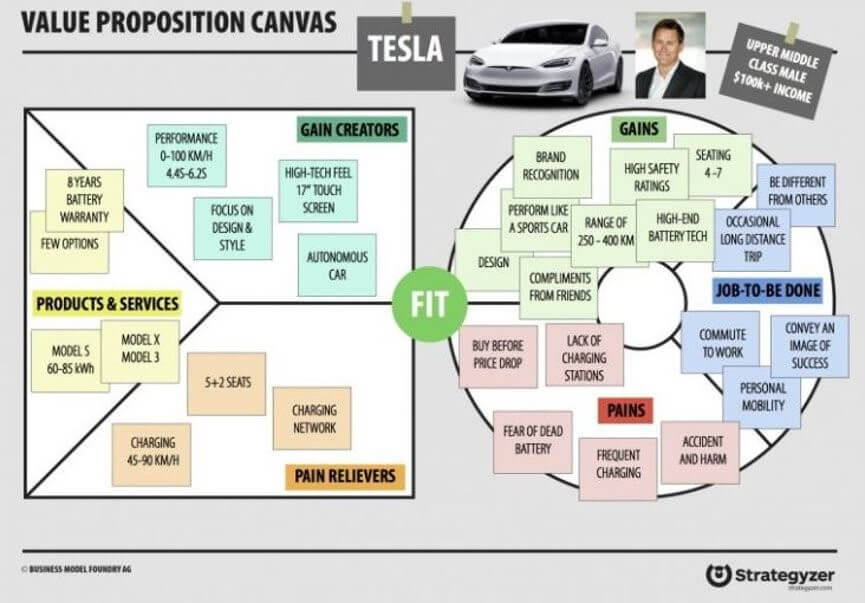Every enterprise, especially a new one, will need to provide a value proposition to succeed. In some cases it might be a unique value proposition, because it offers something a little different to anyone else. In other cases it might be something simpler, like lower prices or being the only provider of certain goods or services in a particular geographical area.
Some of these ideas may be quite familiar and if you are planning a startup they might be foremost in your mind. But there is another: The Tesla Value Proposition.
Mention Tesla to most people today and the first thought that comes to mind is of its eccentric owner Elon Musk, whose adventures as the new owner of Twitter are constantly in the news. But whatever one makes of that, the fact is that Tesla is a hugely successful firm in the vanguard of the electric vehicle (EV) revolution.
As Business Model Analyst Notes, the actual Tesla Value Proposition is centred on a model of direct-to-consumer selling. In essence, what this means is that there is no middle man, whether it is for cars, hardware or tech products. In addition, it adds servicing and a charging network as the other two pillars of the model.
In effect, there is an element of a one-stop shop in operation: The same company makes and sells the product, provides maintenance for it and also supplies the energy needed to operate it. This makes it distinct from the normal dispersed situation where normally one company would make a car, a dealer sell it, while a garage will service it and various filling stations supply the fuel.
This opens up a significant question: Could you do the same with your firm?
At first it might seem unlikely, especially for a startup, if you are looking at the scale. Tesla is not a small, local firm and its widespread reach means it can have branches all over the US, Europe and beyond, with the advantage that people travelling or even moving home a long distance from where they bought their EV can still access its services.
However, scale is not everything. It may be, for instance, that your firm sells its own home-made products with no middleman. It might be that it also makes means of supplementing them or fixing them, maybe based on in-house knowledge that is not available externally.
A key benefit of using the Tesla model if you can is that you don’t have to negotiate costly deals and clause-laden contracts with middlemen, while you can also seek to take care of the extras needed to ensure your products succeed. In the case of EVs, for instance, the need for an adequate charging network is acute and therefore it would be risky for Tesla to leave it all to someone else.
Musk has taken some flak in many quarters for cutting Twitter’s workforce. But it may be that in the restructuring of the social media firm, he is seeking to recreate the value of a streamlined operation. The old phrase ‘too many cooks spoil the broth’ may be at the heart of both this approach and Tesla’s philosophy of doing everything in-house.

